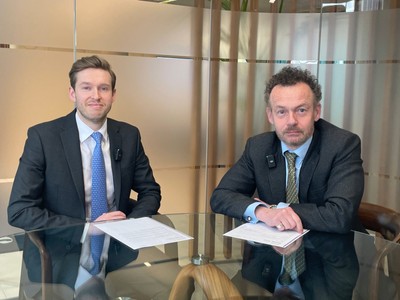Broadly speaking August has been a continuation of recent trends; stock markets have moved higher, with the Nasdaq leading the way and the FTSE lagging. Despite this, global economic news has certainly not been lacking with the main point of interest being the announcement from the Fed to change to an ‘average inflation target’, allowing them to overshoot their 2% target after years of lower inflation.
This announcement from the Fed came at the first ‘virtual’ Jackson Hole Symposium. Jackson Hole, Wyoming is a must-visit destination for monetary policy fanatics that like skiing. It plays host to one of the longest-standing central banking conferences in the world and is home to the Jackson Hole Mountain Resort, one of the top ski destinations in the world. Added to this, it may in the future be an attraction for economic historians looking at how changes in the Fed mandate ‘virtually’ announced there in August 2020 affected the course of capitalism in the coming years. Whether this is exaggerated conjecture or not remains to be seen but we will spend little time trying to work out the answer; we think it a better use of our time trying to find great companies that we hope will generate attractive returns over the long term either way.
We think we have added one of these to the portfolio in August through Electrocomponents, an industrial and electronics distributor. Over the last five years the business has grown revenues at a compounded annual growth rate of just over 9% and now generates roughly 11p of profit for every £1 of revenue. The industrial market in which Electrocomponents compete is estimated at £400bn, growing at GDP+ and is mostly made up of smaller and less well-resourced competitors so there is plenty of room to grow. It won’t be easy (Electrocomponents estimate they currently hold a less than 1% market share globally) but financial results coming out of the business in recent years suggest they are capable and as with any stock there are of course some risks and challenges they will need to meet. The business is exposed to cyclical end markets and as such, there will no doubt be times when demand dries up; it is during these periods that the strength of the business model and its balance sheet strength will be tested.
In addition, we have added the Ballie Gifford (BG) Japan Investment Trust to the funds. We continue to see specialist active funds as the best way to access the Japanese market and we think the style of this trust perfectly complements our existing holding, Coupland Cardiff Japan Investment Trust. The BG Trust looks to achieve long term capital growth through medium and smaller Japanese companies who have ‘above average growth prospects’ and we particularly liked the reference in their annual report and accounts to Charlie Munger and thought it worth including the entire passage below:
“As actual investors our starting point is that most of the portfolio value-added will come from the long-term holding of exceptional value-added businesses. Charlie Munger, noted in a lecture ‘when you analyse what happened, the big money’s been made in the high quality businesses. And most of the other people who’ve made a lot of money have done so in high quality businesses”
We would usually argue that the less we say we’ve been up to, the better you can expect our performance to be but current market bifurcation has presented the long term investor with some exciting opportunities. We suspect that in the coming months we may yet find more.
Any views expressed are those of the author. You should contact the person at JM Finn with whom you usually deal if you wish to discuss the suitability of any securities mentioned.
James Godrich
Fund Manager for the CSI funds




